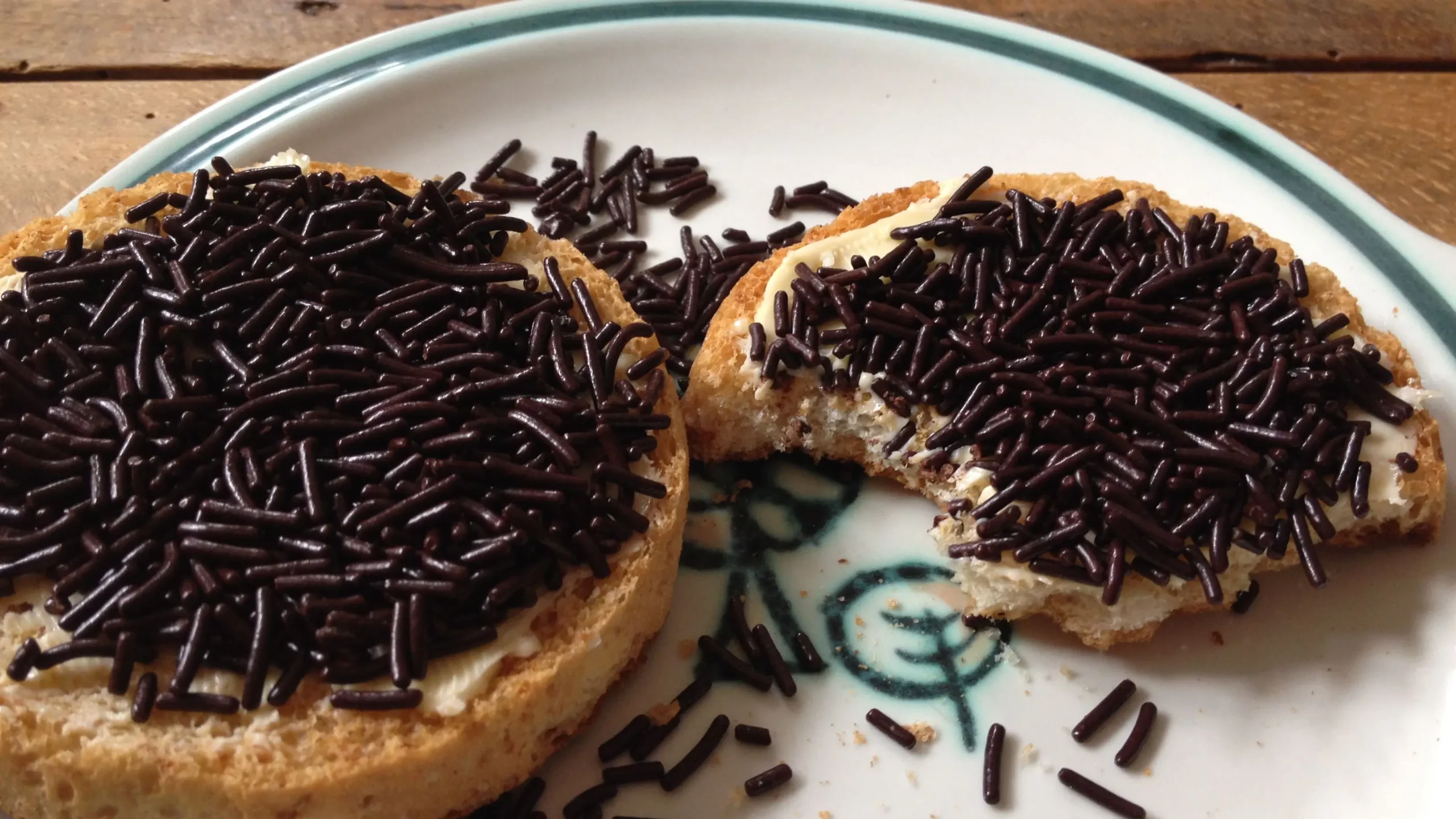Low carb dieting can seem daunting for those who have tried it before without success. But if you know what to expect from your body in terms of side effects and how much food you should eat each day, you’ll have a much easier go of it. Here we’ll cover the benefits of low carb dieting, tips on getting started, and some specific recipes you might like!
Benefits Of a Low Carb Diet

Perhaps the most significant benefit of any diet is how it makes you feel. For example, if you have been following a low-carb diet for some time and suddenly decide that you’re full and no longer feel hungry, your body will respond by not producing any glucose. Your body will also kick out insulin so that fat storage can occur. So, what happens to your weight if you stop eating? It comes off quickly!
Another benefit is that low-carb diets tend to reduce your appetite. They also tend to burn a lot of calories. This is true because your body has to work harder as you’re not consuming carbohydrates that are easy to digest.
How To Begin
 So, you want to begin a low-carb diet but aren’t sure where to start? Here’s the easiest thing: find some foods you enjoy that are low in carbs. We suggest keeping it simple by choosing meats, eggs, and the like while avoiding processed foods.
So, you want to begin a low-carb diet but aren’t sure where to start? Here’s the easiest thing: find some foods you enjoy that are low in carbs. We suggest keeping it simple by choosing meats, eggs, and the like while avoiding processed foods.
Here are some practical tips for following a low carb diet:
- Know what you’re going to eat: It is essential to be aware of the list of low-carbohydrate foods to avoid nutritional deficiencies. Tomatoes, eggs, mushrooms, salmon, strawberries, poultry, and other low-carb items should all be part of your diet.
- Don’t fall for fad diets: Diets based upon the latest fad may sound good on paper but don’t last long. Instead, focus on foods you enjoy and stick to a reasonable and realistic plan.
- Cook your food: If you’re trying to lose weight, cooking is the way to go. You will know what’s in your food, but you’ll also learn how much was consumed because you cooked it yourself!
- Keep some salt handy: To keep your body functioning correctly and to maximize fat loss, you should be sure to keep some salt handy. This is because sodium keeps water in the body.
- Use a device: Some people have trouble sticking to their low-carb diet even when they know it’s the best option. The problem is that the carbs are hidden in so many places that it can be hard to avoid them altogether. That’s why we recommend having a food scale and measuring cups or spoons at hand to ensure that you meet your daily calorie needs (only when needed).
- Multivitamins: You need to ensure that you get the right vitamins and minerals required for good health. This can be easy if you eat low-carb foods like healthy meats, vegetables, berries, nuts, and seeds. Be careful, though! Avoiding carbs does not give you an excuse to ignore the value of vegetables and other healthy foods.
- Stay away from junk food: You need to avoid eating foods low in nutritional value. If you do so, you will feel healthier and have the energy and motivation to lose weight.
- Be active: Any exercise is better than none! Doing some light cardio exercise is a great way to keep your metabolism up while increasing your energy levels. The best low-intensity exercises include walking, biking, and doing household chores with vigor!
- Keep the weight off: Finally, it’s essential to keep the weight off when you are done with your diet. This will take longer than you would think. You need to build some muscle and prepare for your post-low carb life; otherwise, you will regain all of the weight back too fast.
- Have a doctor check you out: It is essential that if you are doing a low-carb diet, your doctor check on you periodically since there may be medical issues that need addressing.
6 Effective Low Carb Diet Plan Ideas

Compared to other diet plans, the low-carb diet plan has proven to be very effective in losing and maintaining weight loss over the long term. In this article, we will take an in-depth look at 8 of the most effective low carb diet plan ideas that you can choose from, based on your lifestyle and preferences, to start your own low carb diet plan right away. Learn how to select the right option for you and create a healthy lifestyle that can change your life forever!
1) Start with vegetables and protein

When you’re just getting started with low-carb dieting, stick to easy-to-eat veggies and proteins. This is where I typically tell people to start when they’re first trying to lose weight—or any time you want to change their eating habits for more health benefits. Even though it’s straightforward, there are tons of low-carb veggies and protein foods out there, so chances are you won’t be lacking in various options. Here are some suggestions:
Asparagus, Broccoli, Peppers, Cabbage, Leafy greens (e.g., spinach), Tomatoes, Zucchini Squash, Mushrooms
2) Substitute vegetables for grains

Switching to a grain-free diet could be an effective way to lose weight and reduce inflammation, but it can be challenging. If you’re used to eating pasta and bread, you may have a hard time shaking those cravings. Instead of giving up carbs altogether, try subbing veggies in your favorite dishes—you may find that you like them even more than their high-carb counterparts! (Try healthy cauliflower recipes if you need some ideas.)
You should also experiment with how much food you consume during each meal—for example, instead of eating two slices of bread at breakfast, try one piece and fill it up with more protein and veggies. This can help reduce hunger throughout your day.
3) Use nuts instead of bread

Eating a low-carb diet can feel like an uphill battle, especially when trying to figure out exactly what to eat. One of our favorite low-carb snack recipes is adding a healthy dose of nuts to your diet. Eating a handful of walnuts or almonds every day (either on their own or as part of a trail mix) can help you stay full and satisfied without relying on slices of bread and other processed carbohydrates.
4) Include non-starchy vegetables in place of unhealthy starches

You can also eliminate starch from your diet by substituting starchy carbs with non-starchy vegetables. Non-starchy vegetables include bell peppers, asparagus, broccoli, cabbage, eggplant, onion, and mushrooms. You can add these to any meal or snack to boost the nutritional value and stay within a low-carb diet plan. Avoid potatoes, yams, and corn for additional reductions in carbohydrates.
5) Ditch desserts completely

If you need to lose weight but are still in love with sweets, put them on hold. According to researchers at Cal Poly in San Luis Obispo, California, it’s okay to indulge once in a while so long as you don’t beat yourself up over every indulgent bite. They found that those who can resist are more likely to stick with their diet and keep it off long-term.
6) Have your favorite treats occasionally
If you’re trying to lose weight, one of your best strategies is to create a cheat day for yourself every week. This allows you to eat whatever you want (within reason) and adds structure to your day so that it isn’t all or nothing. For example, allow yourself one piece of dark chocolate in your morning coffee on Sunday, after which you won’t eat anything sweet or high in carbs until dinnertime arrives.
Conclusion:
A low-carb diet is an excellent approach to reducing weight, eating healthily, and feeling fantastic. You don’t have to go to extremes like starving yourself or calculating macros. If you want to start a low-carb diet, choosing the proper one will simplify it.







